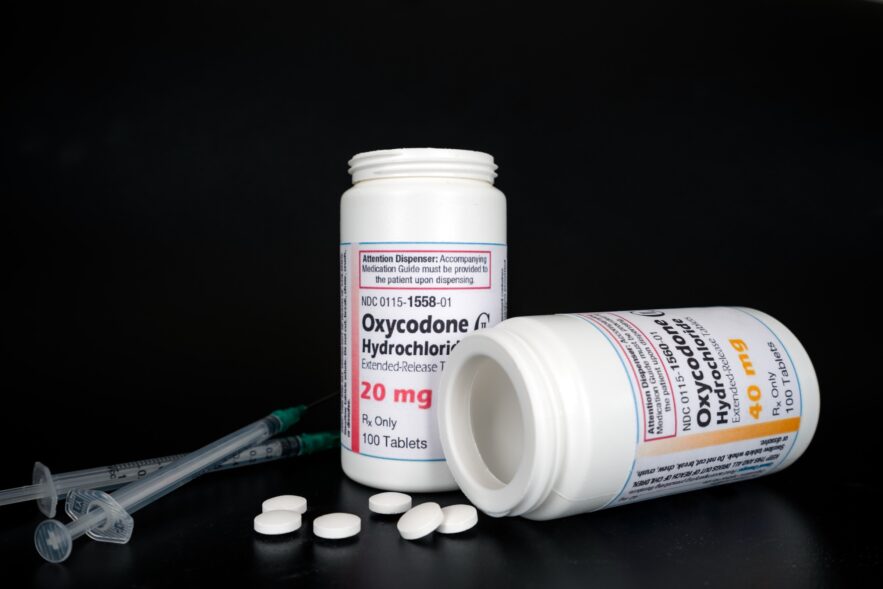Patients who experience side effects while on statin medication are more likely to fail to meet cholesterol targets. A Norwegian study examined 1,095 patients hospitalized with a heart attack, coronary artery bypass graft or coronary stent. Researchers found that 57% of patients were failing to meet the cholesterol target of 1.8 mmol/l during follow-up. Patients with statin side effects were more than 3 times more likely to miss the cholesterol target (1.8 mmol/l) than those without side effects, according to the study published in the European Journal of Preventive Cardiology. Specific statin side effects (mainly muscle complaints), low adherence to taking the drug, and moderate- or low-intensity statin therapy were the main reasons for failing to meet the target. Posted February 15, 2017. Via Science Daily.
Combining opioid painkillers with certain drugs that impact the brain — such as benzodiazepine tranquilizers — can greatly increase the risk of death. Despite the risk factors with this drug combination, the number of older Americans who take 3 or more medicines that affect their brain has more than doubled in just a decade. Researchers found that the number of doctor visits by people over the age of 65 who were taking 3 or more central nervous system (CNS)-affecting drugs had risen to 1.4% in 2013, compared to 0.6% in 2004. In short, 3.68 million doctor visits a year involve seniors taking multiple CNS drugs, according to the study published in JAMA Internal Medicine. Even more alarming, roughly half of seniors taking these drug combinations did not appear to have a formal diagnosis of a mental health condition, insomnia or pain — the three main types of issues they’re usually prescribed for. Posted February 13, 2017. Via University of Michigan.
Taking opioid painkillers with alcohol could trigger a fatal respiratory problem, breathing difficulty, especially in seniors. Researchers examined how combining the opioid oxycodone and alcohol affected 12 younger volunteers, aged 21 to 28, and 12 older volunteers, aged 66 to 77. Results, published in the journal Anesthesiology, showed that taking just 1 oxycodone tablet with a modest amount of alcohol increased the risk of respiratory depression. The older volunteers, in particular, were more likely than the younger ones to have reoccurring instances where they stopped breathing temporarily. Posted February 8, 2017. Via HealthDay.






